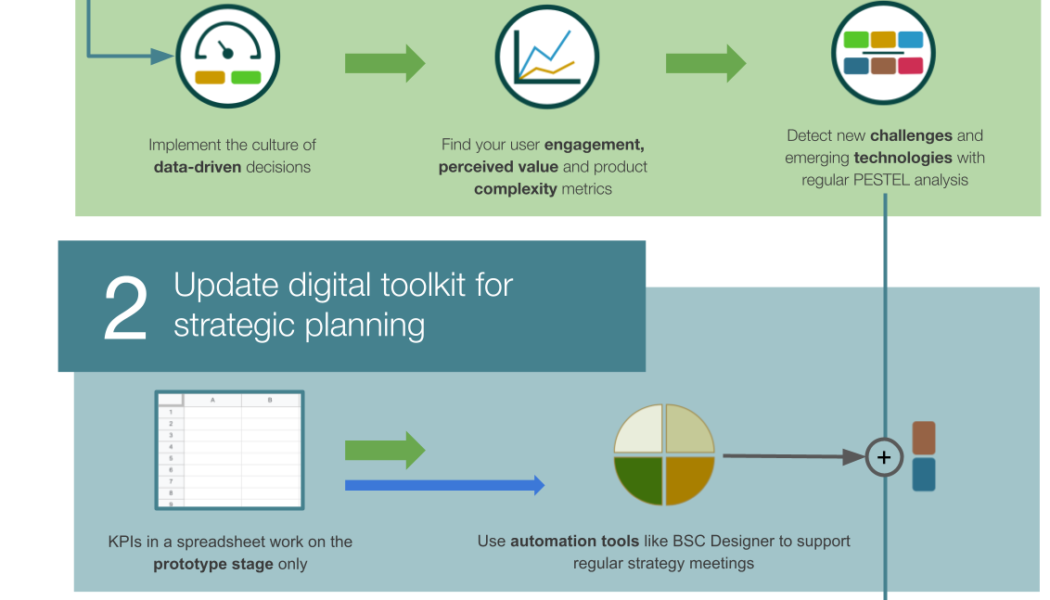Digital Transformation
Digital solutions can simplify the complex administration of company employee incentive plans
Michael Ketz, CEO at ShareForce More than ever, companies are adopting employee incentive plans to retain staff and compete with global firms for specialist skills that have become increasingly scarce. Although incentive plans range from simple deferred bonus plans to highly sophisticated equity plans, they tend to have one thing in common: they are designed to keep employees around. Incentive plans may do more than just retain employees; they can also incentivise and reward employees for achieving individual and organisational objectives. These plans get significantly more complicated when performance conditions are applied to incentives to determine the pay-out or the number of shares that employees will eventually receive. For example, how much an employee gets at the end of the incenti...
Digital platforms ‘can reduce critical medical errors’
Greater adoption of digital platforms and strengthening the digital healthcare ecosystem will significantly reduce medical and drug errors in both the private and public healthcare sectors, leading to improved patient outcomes and lower healthcare costs. Dr Yaseen Khan, the co-founder and CEO of digital healthcare platform EMGuidance, says studies show that around 8% of hospital patients show adverse reactions to treatment – and half of these are preventable. Although most medical errors do not result in major harm or death, a significant number can have the potential to seriously harm patients through side-effects like permanent neurological damage. “Many of the successes and failures of healthcare can be traced to a single point in the system – that is, doctors making effective...
How tech can help stimulate micro economies
By Andrew Bourne, Regional Manager, Zoho Technological advancement is fundamental for economic development. The more accessible the tech is for citizens, the more rapidly the local economy can progress. In South Africa, a commitment to embrace the “fourth industrial revolution” has been a fixture of national government rhetoric for several years. At a provincial level, meanwhile, the Western Cape has been able to leverage the “Silicon Cape” tag to build a thriving startup culture and attract international tech companies. But technology can also help stimulate micro economies by making businesses more efficient and productive, assisting entrepreneurs to get off the ground with minimal resources, and empowering communities. Embracing technology at the microeconomic level can help reduce ineq...
Africa’s Financial Industry Gears up for Digital Finance Africa 2022
We use cookies on our website to give you the most relevant experience by remembering your preferences and repeat visits. By clicking “Accept All”, you consent to the use of ALL the cookies. However, you may visit “Cookie Settings” to provide a controlled consent.
How to Create a Digital Transformation Strategy that Actually Works
The working world has changed drastically. Today, survey after survey shows workers want a hybrid work model. But what does the future workplace look like and how can organisations create a digital transformation journey that fits the new paradigm? Marilyn Moodley, Country Leader for South Africa and WECA (West, East, Central Africa) at digital transformation specialist SoftwareONE, says the working landscape has changed forever. “While the idea of a digital workplace has been taking shape for several years, the start of the pandemic accelerated the trend where we witnessed over three years’ worth of digital transformation in just three months. Organisations across the globe are trying to fine-tune their hybrid work environment. Doing so often requires a faster transition to a digital work...
Why Cloud Marketplaces Are Critical for True Digital Transformation
Image sourced from Blog dbi services Integrating cloud marketplaces in your supply chain is no longer optional—it’s essential. Cloud-based marketplaces speed up the whole procurement chain, and they enhance control, risk management, and governance for businesses. According to a new Forrester report, software companies selling in AWS Marketplace achieve an average 81% return on investment (ROI), and those buying receive up to 550% ROI. Today, chief procurement officers (CPOs) at leading enterprises face two principal and universal opposing forces. On one hand, they must identify and reduce supply-chain risk—a process that takes time, effort, and patience with suppliers. On the other hand, they must move fast to enable innovative spirit and agility. These two seemingly opposite demands from ...
Stadio Launches New Digital Badging Initiative for African Students
JSE-listed higher education provider, STADIO, has launched a new digital badging initiative for African students. STADIO Stripes helps students prepare for the world of work by recognising their skills-based achievements in addition to the traditional qualification transcript. Employers are warning that a traditional qualification transcript is becoming insufficient to help graduates navigate the fast-changing world. To be able to survive and thrive in this new world of work, graduates are being asked to showcase additional skills and attributes that go beyond the traditional qualification. Digital badging is a fantastic way of formally acknowledging these non-accredited learning achievements. Aside from the official tertiary transcript, digital badging involves an additional structured pr...
The Mindset Needed for a Successful Digital Transition
Digital transformation is not a new concept, and South African businesses have steadily evolved and increased their inclusion of digital tools over time, with a faster influx happening over the past three years. The adoption rate has accelerated due to the pandemic. Businesses were forced to adopt new ways of working, and digital transformation forms part of that. In some industries, readily available client options have increased as internet speed has also improved. But how do companies determine what kind of digital intervention is needed for their business and who to partner with? According to Ian Nel, Strategic Planning & Programs Director at Canon Southern Africa, it comes down to people, process and then technology. “Digital adoption starts with understanding the needs of the env...























